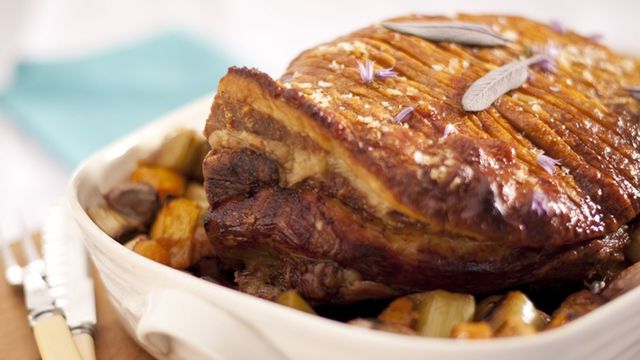
Shoppers buying bread at Tesco , Sainsbury’s or Morrisons have been warned they face paying too much if they use a smaller branch of their supermarket. Nipping out for a loaf of bread is a time honoured tradition but if you’re forced to rely on smaller ‘convenience’ or corner shop versions of your big brand retailer, you could be paying significantly more to put bread on the table - quite literally. Analysis from consumer magazine Which? price compared 42 everyday food and drink items, comparing the price at larger supermarkets and their smaller ‘local’ or ‘Extra’ convenience store equivalents from the same retailers.
It found that across all three supermarkets which have smaller stores, Tesco , Sainsbury’s and Morrisons all charged more for exactly the same loaf of bread. A medium white loaf of Hovis cost 12 percent more at Sainsbury’s Local and Tesco Express, and 14 percent more at Morrisons Daily. It comes after the same research revealed an 8 percent uplift on the price of identical milk at the same supermarkets.
Other items priced up at smaller supermarkets include Weetabix, which is 20 percent more at Tesco Express, and Mr Kipling bakewell slices, which are 54 percent more expensive at Tesco Express, and Morrisons own brand chickpeas, which at £1 were more than twice as expensive at Morrisons Daily compared to big Morrisons (49p). A handful of items were cheaper at smaller stores - Doritos were 15 percent cheaper and Kenco Millicano instant coffee was 32 percent cheaper at Morrisons Daily. Which? Said about its research: “While many of us choose to use convenience stores for top-up shops and food on the go, others have no choice but to use them.
Just under a fifth of convenience store shoppers say their nearest large supermarket is too far away, and nearly one in eight don’t own a car. Others say online shopping isn't an option for them. “Many of these communities are characterised by poor proximity to large supermarkets, relatively poor online-delivery access and socio-economic barriers such as fuel poverty, all of which can lead to a greater reliance on convenience stores.
Indeed, 66 percent of households earning less than £21,000 per year shop in a convenience store at least once a week. “When we put our findings to Tesco, it said its Express stores are mainly in built-up areas where rents, rates and operating costs are higher, and the difference in prices of some products reflect these increased costs. It also said customers make different ‘shopper journeys’ at Express stores, so it tailors Clubcard offers to suit customer shopping habits.
” A Sainsbury’s spokeswoman told PA: “There may be price differences between convenience stores and supermarkets. This is because our Sainsbury’s Local stores, which tend to be located in city or town centre locations, often have higher operating costs relative to their size, such as rents and business rates.” Morrisons said: “We’re always working hard to keep prices down and competitive for our customers while maintaining high standards and availability in all our stores.
Last year, we became the first supermarket to introduce our budget ‘Savers’ range into Morrisons Daily stores nationwide. “We know our customers and business partners would like to see the More Card accepted in Morrisons Daily stores, so we are actively working on introducing the offer into our convenience estate in the coming months.”.














